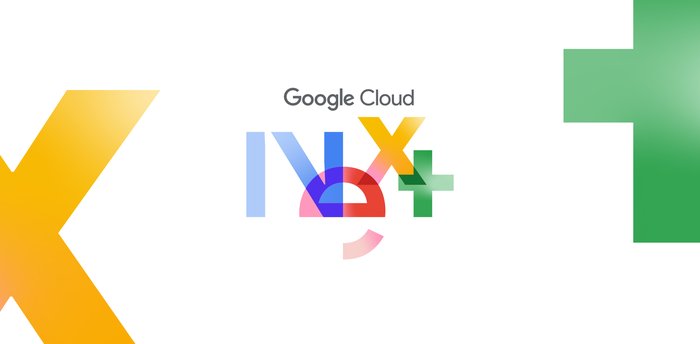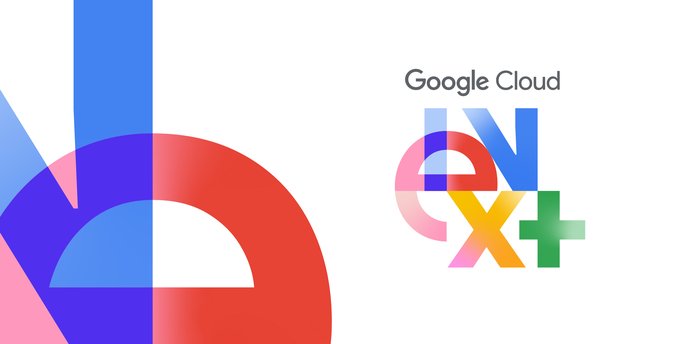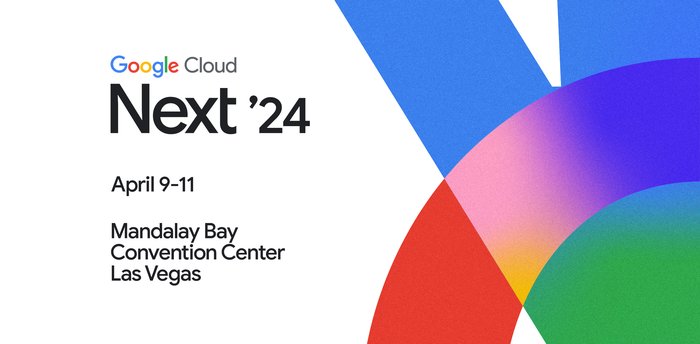How Mux meets rising video demands by focusing on developers

Google Cloud Content & Editorial
Google for Startups Cloud Program
Gain access to dedicated startup experts, cloud credits for two years, and tools built for speed & insights
Apply nowAs the variety of content creators, devices, and platforms has grown exponentially in recent years, video has become arguably the dominant online medium, accounting for a majority of today’s IP traffic.
“Humans sleep first, work second, watch video third, and then everything else is like category four,” said Jon Dahl, co-founder and CEO of Mux, a video infrastructure platform built on Google Cloud.
“Video is just a high-bandwidth way of communicating something. You can communicate more in 10 seconds of video than you can with images, texts, or a lot of things,” he explained, characterizing video as a primitive form of the future of the internet.
However, despite video’s ubiquity, it is still a challenge for developers.
“If you want to put an image online, you just put an image online. It’s not a big deal,” Dahl elaborated. In contrast, video requires complicated software. “You have to have great video delivery, maybe a CDN or multiple CDNs in the mix,” he said. “You have to have a lot of computer power, a lot of processing of video, video encoding, things like that.”
Rather than wrangling all this complexity themselves, at great cost, businesses need solutions that “turn all of [the] hard problems into one API call for developers.” He said simplifying the developer experience is crucial to helping organizations innovate, which is one reason Mux leverages Google Cloud’s resilient infrastructure and developer-oriented services.
The urgency to simplify was especially true throughout the pandemic. Dahl noted that for long stretches, people weren’t able to go in person to events or even classes, putting pressure on content owners to broadcast online, regardless of whether the content involved sports, education, concerts, scripted entertainment or something else. Some Mux customers stood up new platforms in a matter of days because they were freed from complexity, with many branching from simply distributing content to more innovative and interactive models, such as letting content creators engage directly with live, online audiences.
Mux’s developer-first approach is a model many organizations can follow as they continue to adapt to customer expectations, in video and otherwise. “If you look at the world today,” said Dahl, “there’s actually a fundamental shortage of software developers. There’s a lot more demand for software in the world than there are developers to build it. So it’s really important to find ways for developers to focus on building what’s most important to them.”
To hear more of Dahl’s insights, see the below video or learn more about Mux and Google Cloud. To learn more about how Google Cloud is helping organizations more easily leverage video, visit our Google Cloud for Media and Entertainment page, and to explore how we’re helping developers at companies like Mux to build innovative businesses, check out our page for startups and tech companies.





